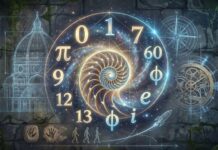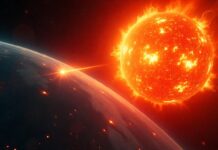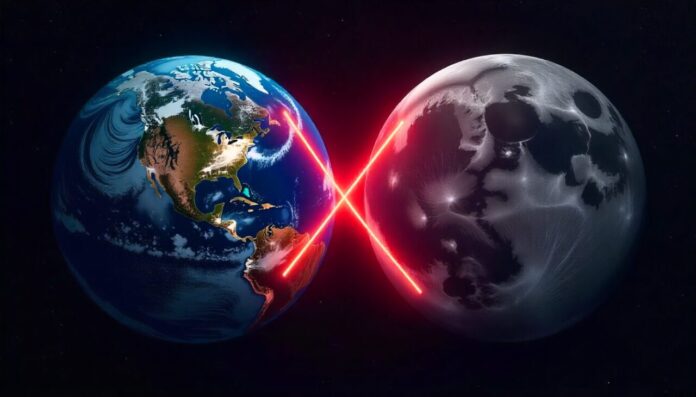
When we look at the sky, someone (or something) is always there. Sometimes it is hidden, but it is there. Of course, we’re talking about the Moon.
Basically, the Moon feels like an old friend. It’s been hanging in our night sky for billions of years, quietly pulling at our oceans, keeping our planet steady, and giving poets something to write about.
It seems so permanent that most of us rarely stop to imagine life without it. But here’s the wild thought: what if, one day, the Moon just vanished?
Would the Earth still be the same? Would we even survive?
Let’s unpack it step by step—without too much doomsday drama, but also without sugarcoating it.
The Moon Isn’t Just a Shiny Thing in The Sky
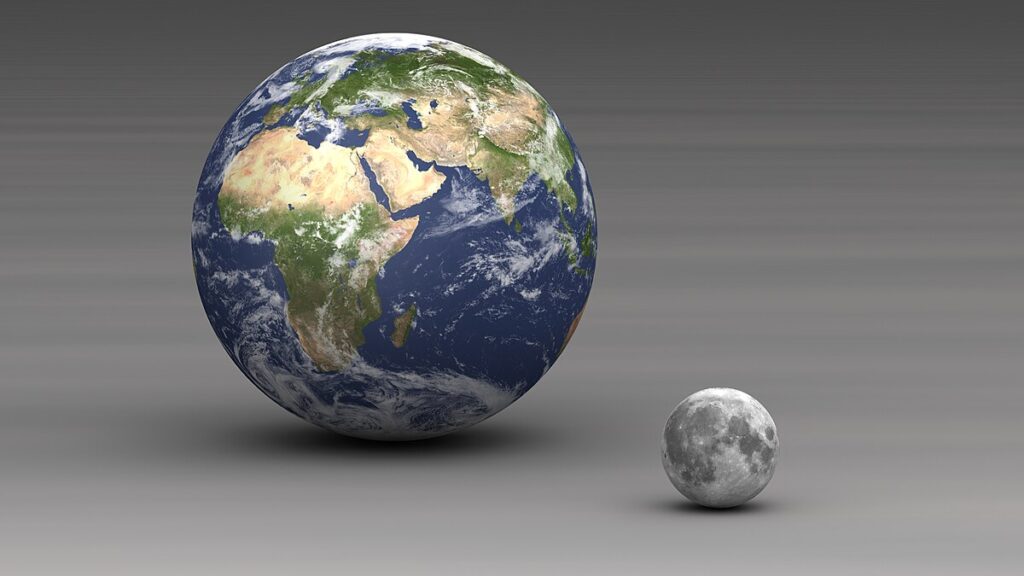
When you look up at the Moon, it feels decorative, almost like a glowing ornament in the sky. But the truth is, it’s more like a hidden gear in a very delicate machine.
Namely, Earth relies on it in ways that aren’t obvious.
- It keeps our planet’s tilt stable.
- It drives the tides.
- It helps regulate biological rhythms.
- It even shapes how long our days are.
Take that away, and things disentangle quickly.
Interesting fact: The Moon is actually moving away from Earth at about 3.8 centimeters per year. Someday, far in the future, it won’t be able to slow Earth’s spin as much—and our days will naturally get longer.
The Tilt Problem
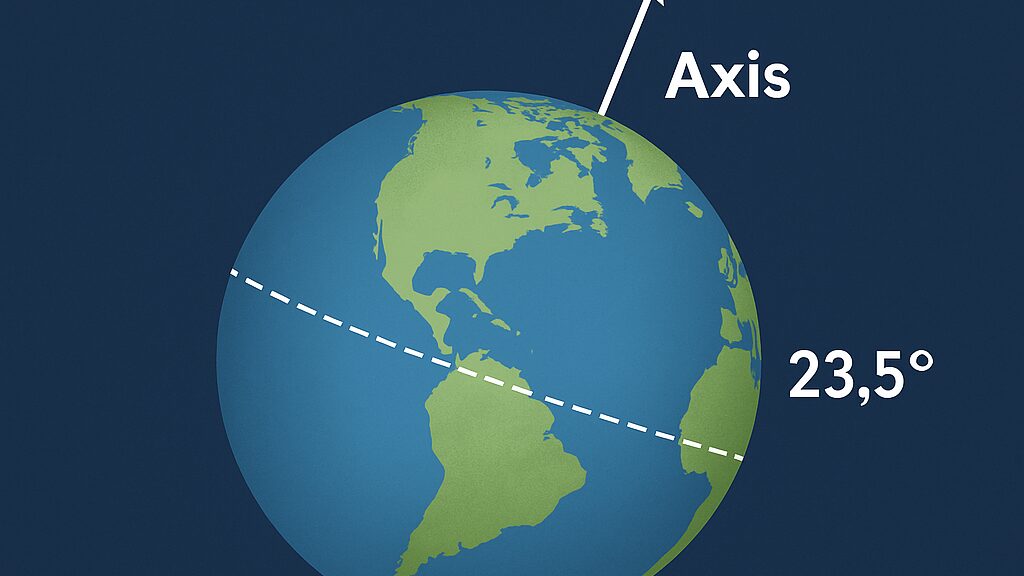
Here’s the thing: the Moon acts like a giant stabilizer. Earth isn’t perfectly upright; it’s tilted about 23.5 degrees. That tilt is what gives us seasons. Without the Moon, that tilt wouldn’t stay steady. It could swing anywhere from 0 to 60 degrees over long timescales.
Just try to imagine that.
Some centuries, Earth might be practically upright—no real seasons, just a dull, unchanging climate. Other times, it might lean so far over that summers fry one hemisphere while the other shivers in endless winters.
Crops would fail, migration patterns would collapse, and humanity would be living through constant climate whiplash.
Honestly, do you think climate change is scary now? Without the Moon, it would be a complete climate roulette.
Interesting fact: Mars doesn’t have a big stabilizing moon, and its tilt swings wildly over millions of years—from near-zero to 60 degrees. If Earth behaved like Mars, our history would’ve been unrecognizable.
The Tide Problem
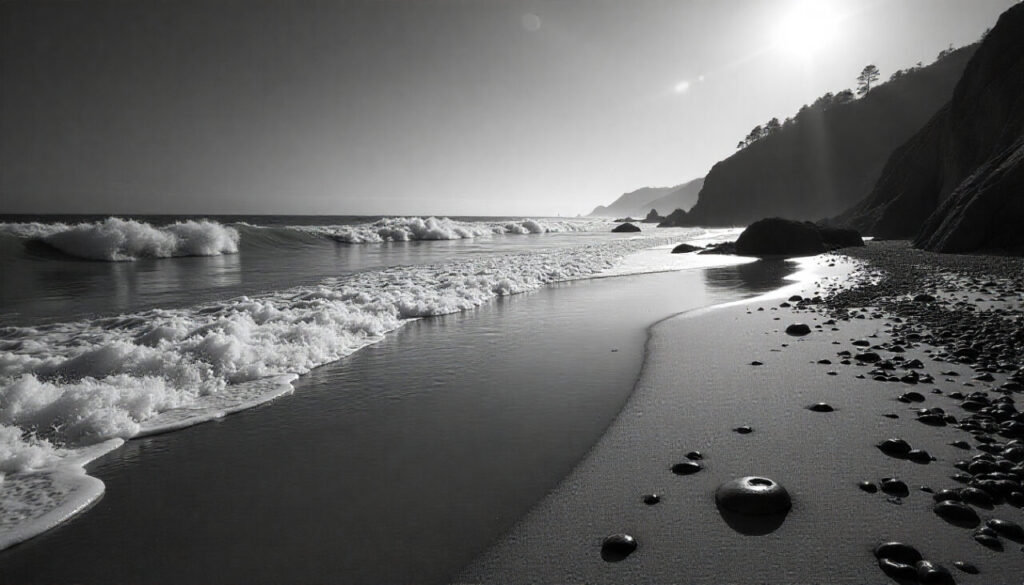
Everyone knows the Moon controls the tides. But it’s not just about pretty waves at the beach or surfers waiting for the perfect swell. Tides are basically an engine for life on Earth.
When the Moon disappeared, tides would shrink dramatically. The Sun does cause some tidal motion, but it’s weak—less than half the power of the Moon’s pull.
That means the huge tides we take for granted would fade into gentle ripples.
So, what’s the big deal with that?
Well, tides don’t just move water; they stir nutrients. Whole ecosystems (crabs, clams, seaweed forests) depend on tidal cycles. Remove them, and coastal food chains collapse.
Even the fish we eat would eventually feel the pain. Humanity would be staring at an emptying ocean “store”.
Interesting fact: Without the Moon, the highest tides would shrink from several meters down to about 40% of their current size.
Nights Get Dark, Really Dark
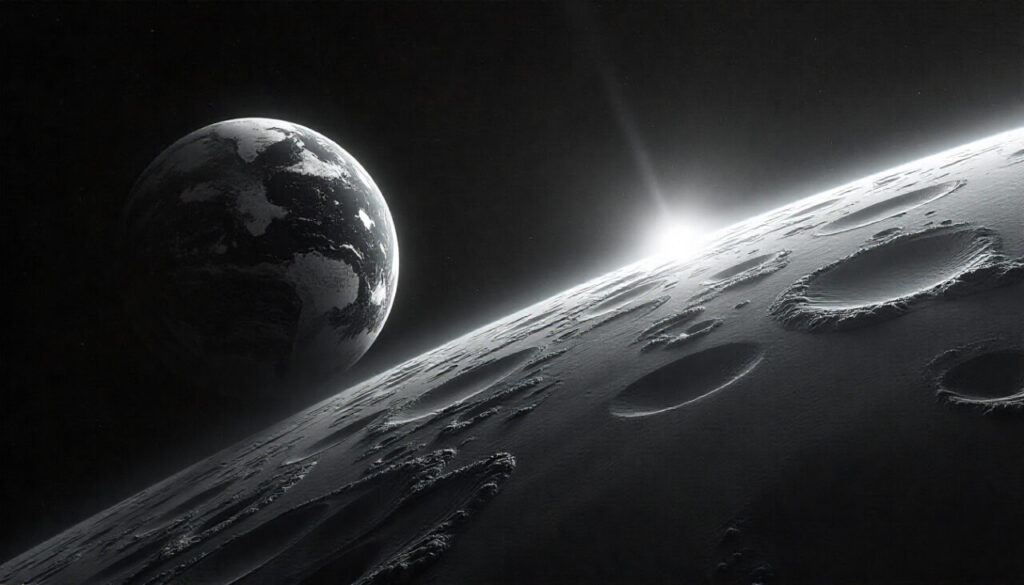
This one’s more obvious, but still worth saying: no Moon means pitch-black nights. That glow we’ve all used to walk outside without a flashlight, that gentle light that’s inspired musicians and lovers—it’s gone.
Astronomers might cheer because the stars would shine sharper, but animals would pay the price. Many species depend on moonlight cues: sea turtles use it to find the ocean after hatching, birds use it to navigate, and even humans once lived by it before electricity.
Civilization grew up around moonlit nights. Imagine trying to build Stonehenge or run midnight harvests in complete darkness.
Without the Moon, our cultural history might look very different. Maybe no moon festivals, no myths about werewolves, no lullabies about the “man in the moon.” It’s strange how much meaning disappears with it.
Interesting fact: The Moon reflects only about 12% of the sunlight that hits it, yet that’s still bright enough to let people (almost) read a book outdoors on a clear full moon night.
How Days Would Change?

Here’s something most people miss: the Moon is responsible for Earth’s 24-hour days. It slows down Earth’s rotation through tidal friction. Without it, Earth would spin faster.
Let’s do some math.
Currently:
- Earth’s rotational slowing = about 2.3 milliseconds per century (measured from atomic clocks).
- That slowdown is mostly thanks to the Moon.
If the Moon disappeared:
- This braking force vanishes.
- Earth would gradually stop lengthening its days. In fact, geophysical modeling suggests it could even speed back up slightly due to the redistribution of water and mantle mass.
Projection:
- A billion years ago, Earth’s day was ~18 hours.
- With no Moon, models predict the day could shorten back toward 18–20 hours over tens of millions of years.
Equation (simplified):
Angular momentum exchange from tidal friction ≈

Where:

Remove Mm, and the braking effect → 0. Earth’s spin stays faster, locking days near ~20 hours.
That might sound fun—more sunrises and sunsets! But biologically? Disaster. Circadian rhythms (built on ~24 hours) would struggle. Our bodies aren’t wired for 20-hour days. Sleep disorders, hormone disruption, crop cycles—it’d ripple through every part of life.
Interesting fact: In the Jurassic period (about 200 million years ago), Earth’s day was only 23 hours long. Dinosaurs lived with shorter days than we do now.
Gravitational Chaos
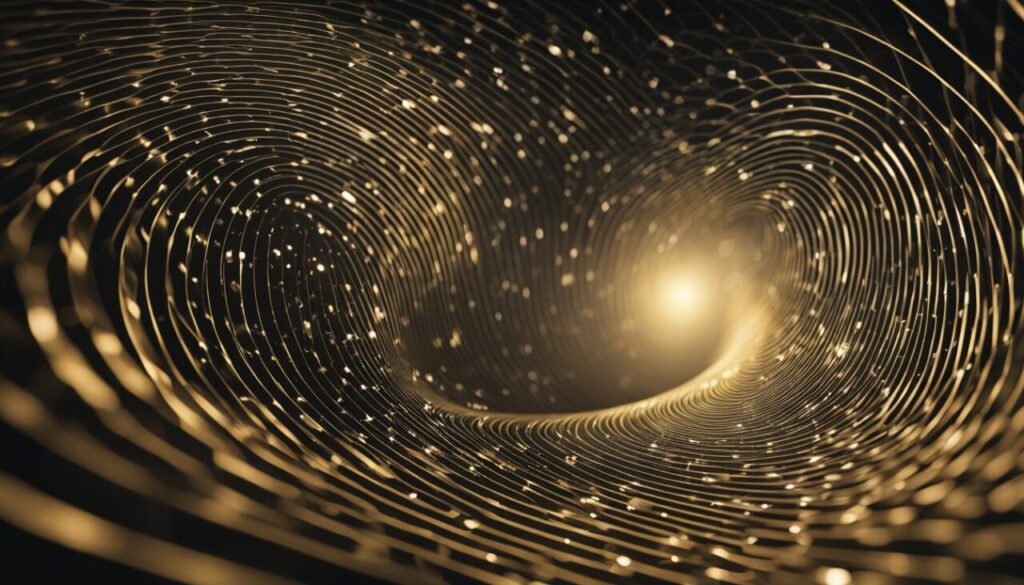
It’s not just Earth that would feel the change. The Moon also balances Earth’s orbit in subtle ways. Without it, our planet’s wobble could make long-term orbits less stable.
There’s even a chance—tiny, but real—that Earth’s tilt could shift so drastically it makes the planet barely habitable. Imagine one pole burning while the other freezes solid.
That’s not science fiction—it’s what could happen if the delicate dance of gravity is disturbed.
And here’s a thought: the Moon itself shields us from some asteroid impacts. Its gravity deflects small objects that might otherwise hit Earth. Without it, our cosmic batting partner is gone. More space rocks might slip through.
Interesting fact: The Moon takes the hit for us—literally. The massive crater Tycho is evidence of a strike that could’ve devastated Earth if the Moon wasn’t in the way.
Earthquakes and Volcanoes on the Rise?
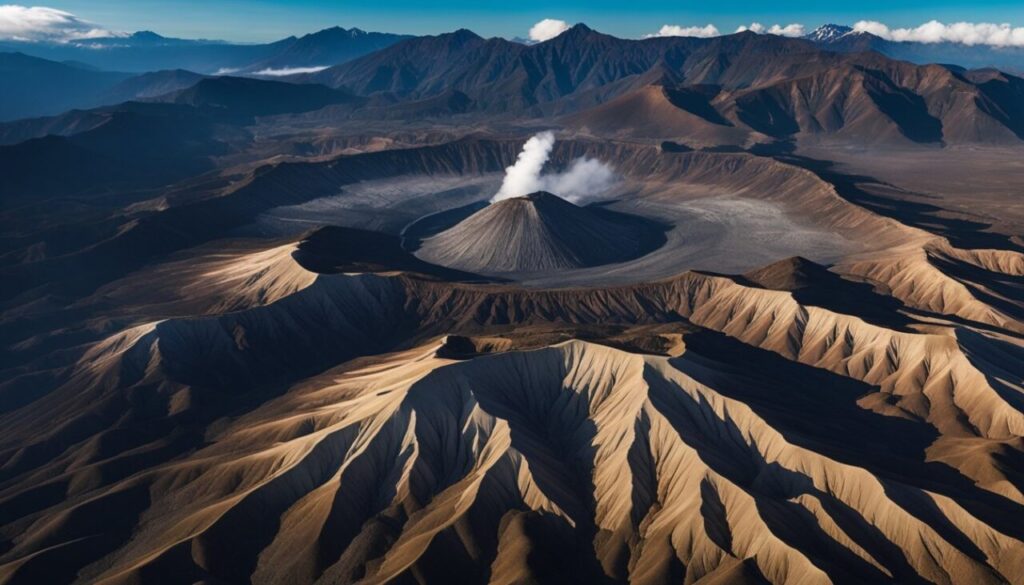
The Moon doesn’t just pull at the oceans—it stretches the Earth itself. Every day, its gravity slightly flexes our planet’s crust. It’s subtle, but it matters.
Geologists call them “land tides.”
If the Moon disappeared, that daily flexing would vanish. Some scientists argue this might actually make Earth calmer, with fewer quakes and eruptions.
Others think the sudden loss of gravitational tug could shift internal pressures, triggering chaos before things settle down. Either way, the planet’s geology would change in ways we can’t fully predict.
Interesting fact: The Earth’s crust can bulge up to 30 centimeters every day due to lunar land tides—something you’d never notice standing on the ground.
Impact on Animal Behavior and Evolution
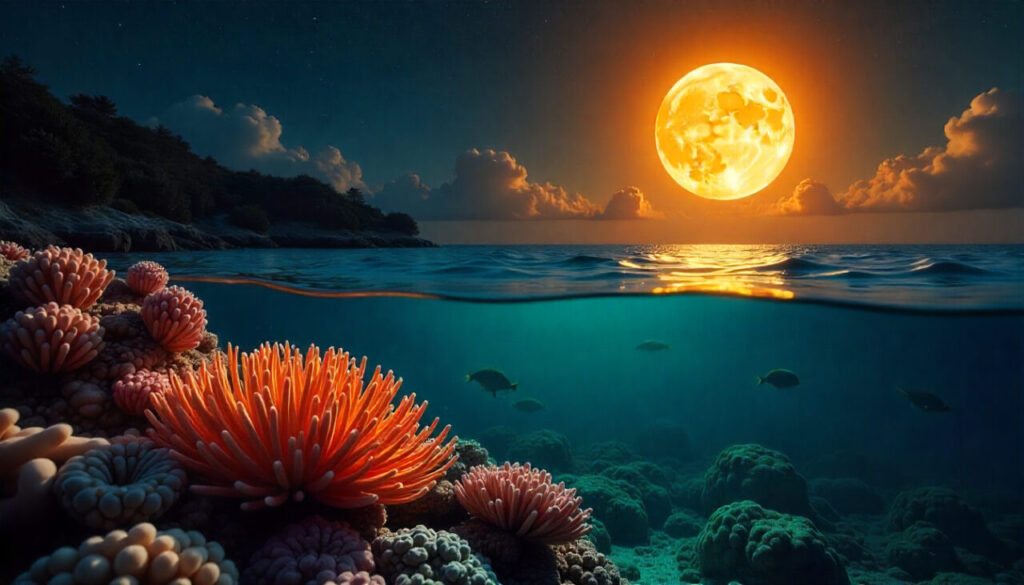
We’ve already briefly mentioned the impact on the animals, but we need to dive into more details here.
Namely, countless animals are wired to the Moon’s cycles. Coral reefs release eggs and sperm during full moons. Some fish spawn on lunar rhythms. Predators use moonlight to hunt, while prey hide better under new moons.
Remove the Moon, and evolution itself takes a detour. Animals would struggle at first—species that rely on lunar cues might go extinct.
Over millions of years, though, life would most likely adapt. Maybe new rhythms based on the Sun would take over. Maybe we’d see strange new survival strategies emerge.
But it wouldn’t be the same Earth we know. The Moon hasn’t just shaped tides—it’s shaped biology itself.
Interesting fact: Some animals, like the grunion fish in California, literally beach themselves to spawn during full moon high tides. Without the Moon, their entire reproductive cycle collapses.
Humanity Would Struggle, but Not Instantly
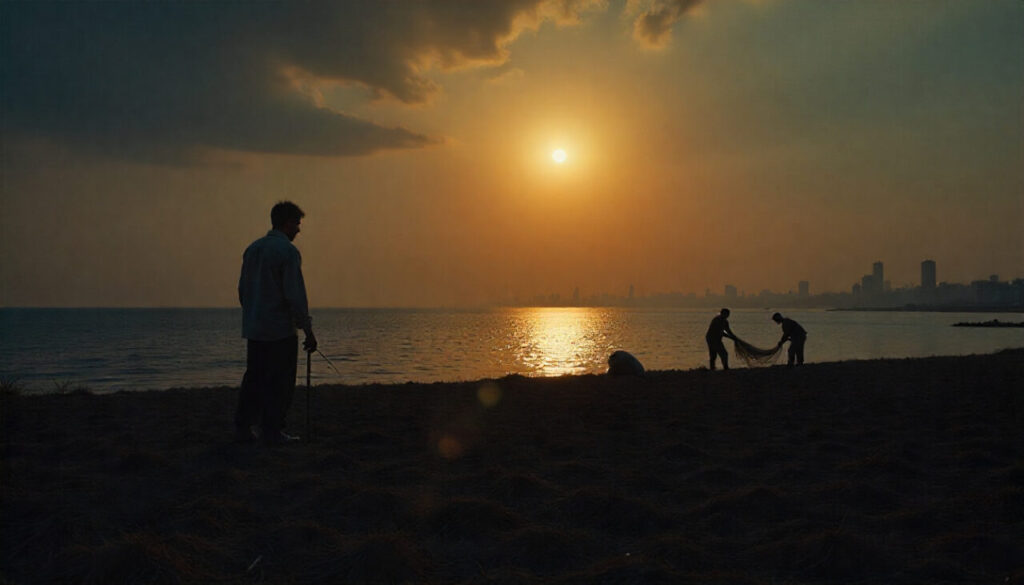
Now, would people drop dead the moment the Moon disappeared? No. Life would go on—at least for a while.
But over generations, the changes would compound. Farmers would certainly have big challenges with unpredictable seasons. Fishermen would find less in the nets.
Our sleep cycles would go haywire.
And maybe, just maybe, civilizations would collapse under the pressure. Not overnight, but slowly, like a rope fraying thread by thread.
But most likely, we would adapt and survive.
Interesting fact: If the Moon vanished today, GPS systems would glitch. They rely on precise timekeeping, which in turn depends on Earth’s rotation staying stable—a stability the Moon provides.
The Moon in Our Myths and Stories
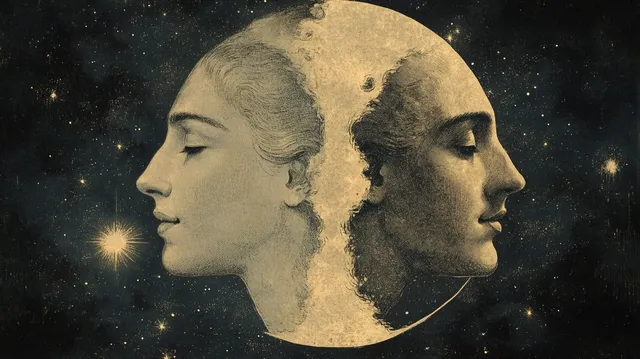
It’s impossible to talk about the Moon without talking about culture. Every civilization has written stories about it. The Greeks saw Artemis, goddess of the hunt. The Chinese tell of Chang’e, who lives on the Moon. Even the word “lunatic” comes from the Latin luna, because people once believed the full Moon drove madness.
If the Moon vanished, we’d lose more than tides—we’d lose centuries of shared storytelling.
Imagine Halloween without a glowing full Moon behind the clouds. Imagine Ramadan without the lunar calendar. Imagine Indigenous cultures stripped of their moon cycles that guided farming and ritual.
Human history without the Moon would look unfamiliar, maybe even unrecognizable.
Interesting fact: About six thousand different cultures have recorded myths about the Moon, making it one of humanity’s most universal symbols.
The Psychological Void

Here’s also something harder to measure: how much humans need the Moon emotionally. It’s comforting. You glance up, and there it is—steady, familiar, almost like a cosmic night-light.
Remove that, and nights become emptier. Sure, we’d adapt, but deep down, people might feel a constant loss. Artists would mourn it. Songs would change. Poets would find themselves missing their muse.
It sounds almost silly, but culture thrives on symbols. And the Moon is one of the biggest symbols we have.
Interesting fact: Studies show that even modern humans sleep slightly less and go to bed later during full moons—our biology still listens to lunar cycles, even with artificial light.
Space Exploration Without the Moon
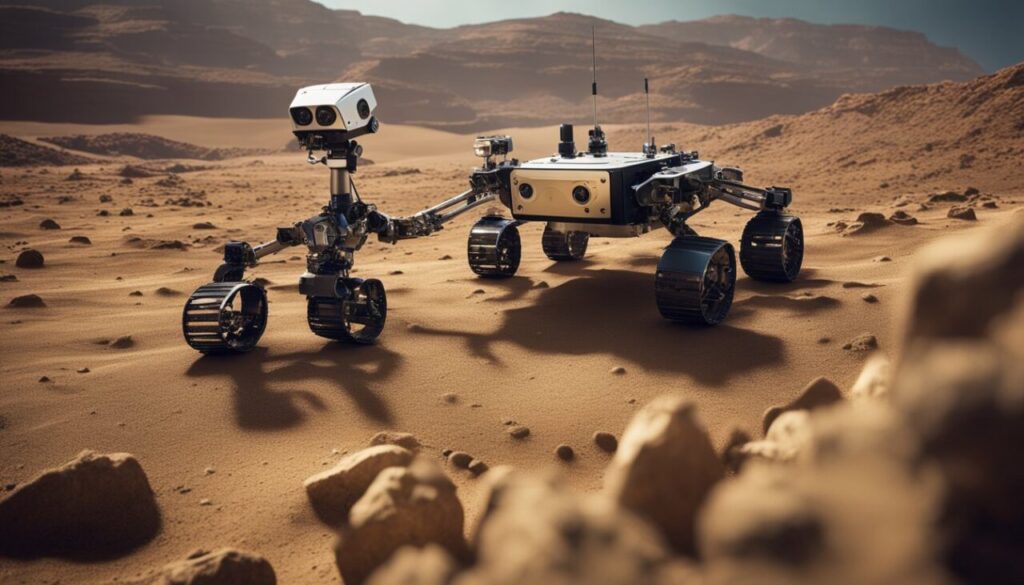
Now let’s shift gears. Think about space travel. The Moon was humanity’s first step off Earth. It was close, reachable, and safe enough to test rockets on.
Without it, maybe the space race never would’ve happened.
No Apollo program. No, Neil Armstrong’s famous words. No blueprint for how to land and return from another world.
The Moon was a stepping stone toward Mars and beyond. Without it, we might still be staring at the stars, dreaming, but too intimidated to try.
Interesting fact: The Apollo 11 astronauts left behind a mirror panel on the Moon, which scientists still use today to bounce lasers off and measure the Moon’s distance to the millimeter.
Science Would Lose a Timekeeper
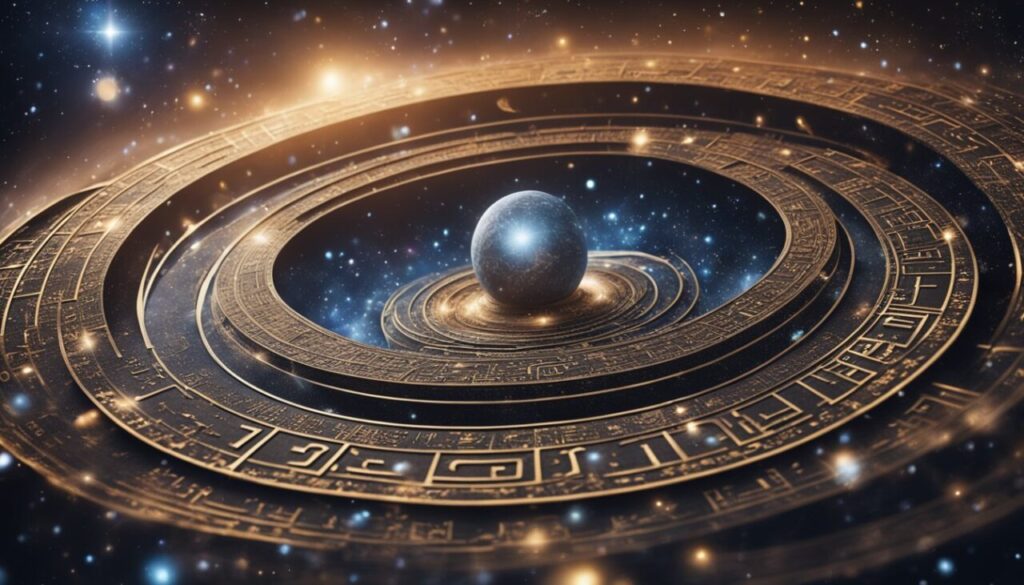
The Moon is also a natural calendar. Ancient people didn’t have clocks—they tracked time with moon phases. Even today, many calendars are lunar or lunar-solar hybrids.
Without that monthly cycle, human civilization would’ve had a harder time organizing itself.
Would agriculture have developed the same way? Would religions that follow lunar calendars exist? Maybe, but it would’ve been clumsier. The Moon quietly taught us how to measure time.
Interesting fact: The Islamic calendar, based entirely on lunar months, is about 11 days shorter than the solar year—proof that the Moon still shapes culture today.
Digression: What If the Moon Exploded Instead?
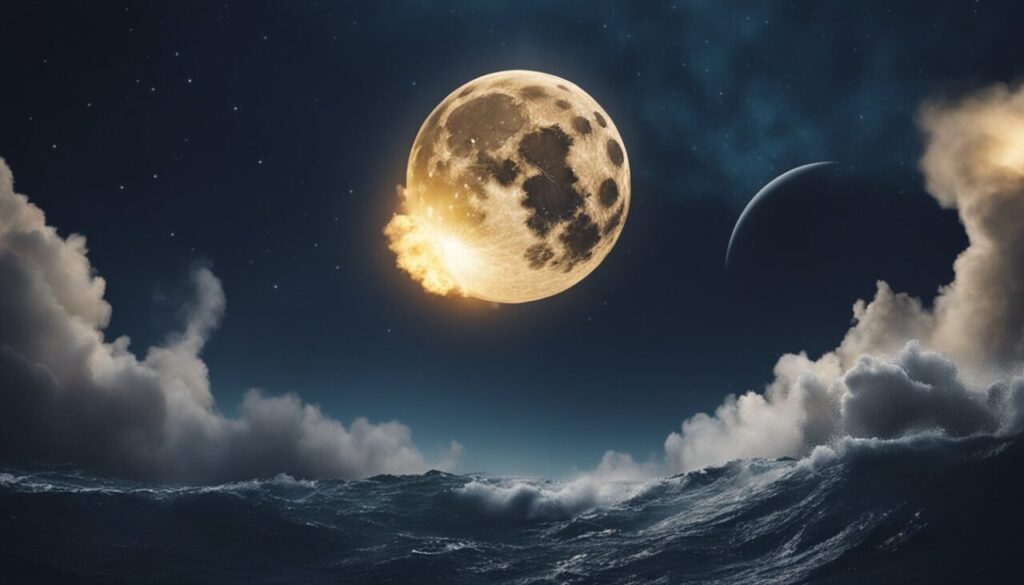
Let’s go off on a tangent for a moment, because it’s fun. Suppose the Moon didn’t vanish—it shattered. That would be worse.
Chunks of rock would rain down on Earth for thousands of years. The debris would form glowing rings like Saturn’s, beautiful but deadly.
The impacts alone could trigger mass extinctions. Honestly, if you had to choose between the Moon disappearing or exploding, disappearing is the better deal.
Interesting fact: Saturn’s famous rings are younger than dinosaurs—just 100 million years old—proving that giant ring systems can form relatively quickly after a moon is torn apart.
So, What’s the Verdict?
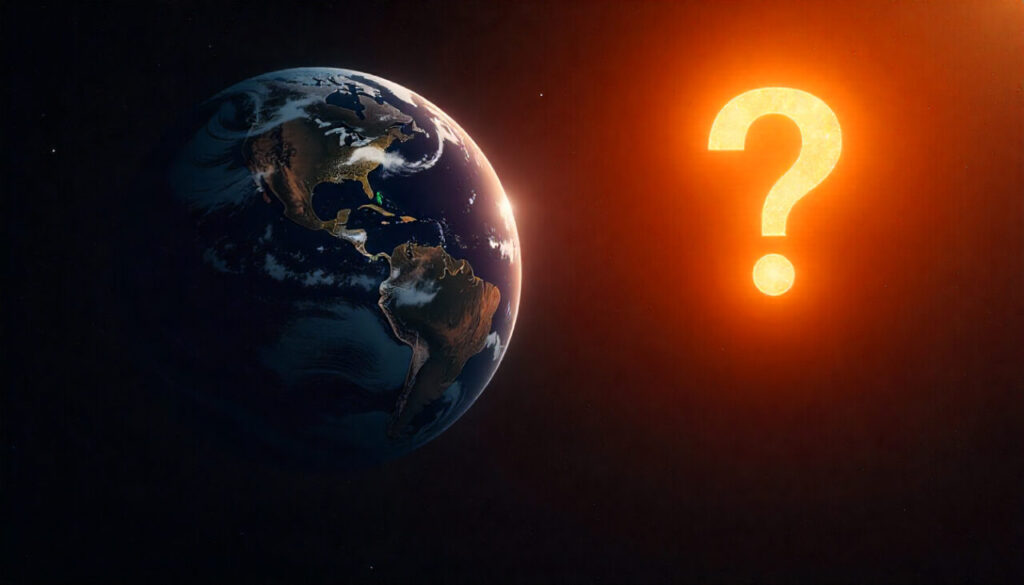
If the Moon disappeared tomorrow, Earth wouldn’t explode. Life wouldn’t instantly end. But things would slowly change. Climate chaos, collapsing tides, shorter days, darker nights—it’s a slow-motion disaster.
Would we survive? Most likely. Would the Earth feel like the same planet? Definitely not.
The Moon may look like a passive gray (or yellow) rock, but it’s a quiet architect and project manager of life on Earth.
And, without it, we wouldn’t just lose a celestial neighbor—we’d lose stability, balance, and a piece of ourselves.
















